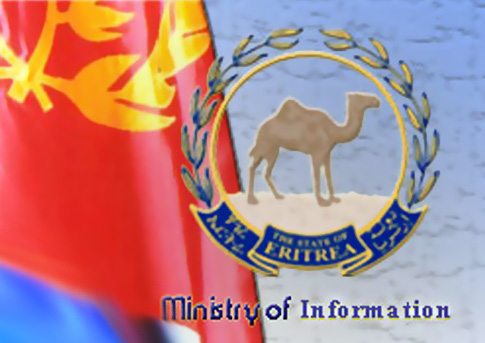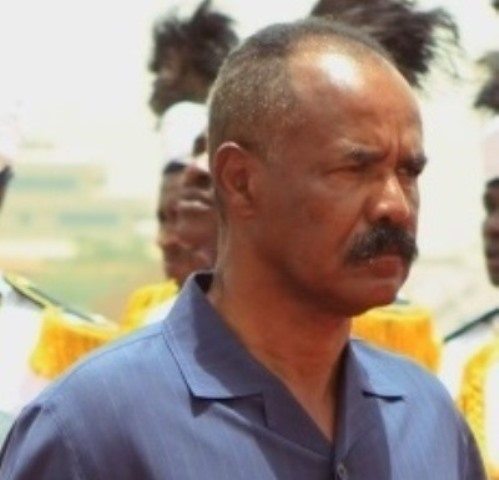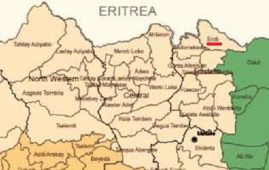Ethioipia issued a statement on Friday elaborating the discussion of the Prime Minister and the Egyptian delegation that took place on Monday. (The full text of the Statement, issued by the Ministry of Foreign Affairs, is posted in this blog – HERE)
The Statement which intends to correct the erroneous reports of ‘some Egyptian media’ was directed at the Egyptian state media Al-Ahram, it was learnt.
Though most Egyptian traditional media and blogs efforted at accurately representing the Prime Minister’s remarks, Al-Ahram sought to put it in a different context. Almost all Egyptian media limited themselves to reporting that Ethiopia ‘delayed the ratification of the CFA(Cooperative Framework Agreement) until Egypt elects a government’ and ‘agreed to let a committee of Ethiopian, Egyptian, Sudanese, and international experts discuss the new dam project’. They consistently quoted the Prime Minister saying the decision was taken ‘willingly’, ‘out of appreciation and respect for the Egyptian public’, and it is meant ‘to put off Egyptians worries’.
However, the state owned media, Ahram reported repeatedly claiming Ethiopia agreed to put the building of the dam on hold. It said, on Tuesday:
Zenwai said ….. he will wait until the project is further examined by a committee also representing Egypt and Sudan.
Ahram didn’t correct it even after minor media outlets reported with more accuracy. To the contrary, on Thursday, Ahram steeped up its spin claiming Ethiopia made a 180-degree change.
Although Zenawi repeatedly expressed his belief that the dam would not be of any harm to Egypt and other neighboring countries, he agreed to wait until the project is further examined by a committee in which both Egypt and Sudan are represented. The 180-degree change in the Ethiopian stand…indicated that they had decided to open a new page of cooperation.
The spin no less obvious in the omission of the Ethiopian and other experts, who would be in the proposed Committee, in the two news items quoted above and a third new post by Ahram(link). On the contrary, Ahram was keen to stress that ‘the 1929 agreement between Egypt and Great Britain gave [Egypt] the right to veto any new projects or dams to be built by the other Nile states’. This appears an attempt to lead the reader into perceiving Ethiopia’s new decision in the context of those colonial era treaties rather than a good will gesture aimed at giving the new sprit of cooperation a chance.
There were also other Egyptian media outlets and blogs that reported Ethiopia’s delay of the ratification of the CFA as an intent to re-negotiate it. Yet, those are relatively smaller outlets, compared to Ahram.
Ahram has a long history of posting reports that misrepresenting Ethiopia and fermenting Egyptian suspicion. It routinely post articles claiming an Israeli hand in Ethiopian economy in general and nile related issues in particular.
Of late, Ahram made an outrageous claim that ‘Meles Zenawi promoted a possible war with Egypt to settle water issues.’ That was on its news item posted last November.
Earlier on Januray 2010, Ahram baffled informed readers by claiming that Ethiopia publicly acknowledged Egypt’s right to its quota of Nile water.
Ahram recieved a strong rebuke last March from the Ethiopian ministry of Foreign Affairs when it posted, an Arabic article, quoting an anonymous ‘Official responsible for Nile issues’, that suggests a series of ‘strategic political and economic measures’ and ‘military measures’ against ‘some upper basin countries.’ (See: ‘Ahram Hysteria’ on March 11 issue of ‘A Week in the Horn’)
Ahram’s might be stuck with the deceptive and war-mongering approach which the Egyptian delegation attributed to the Hosini Mubarak regime.
It might as well be intended to misinform westerners, who considers it as a reputable media due to its age and its reputation in the days of its famous editor Mohammad Heykal.





